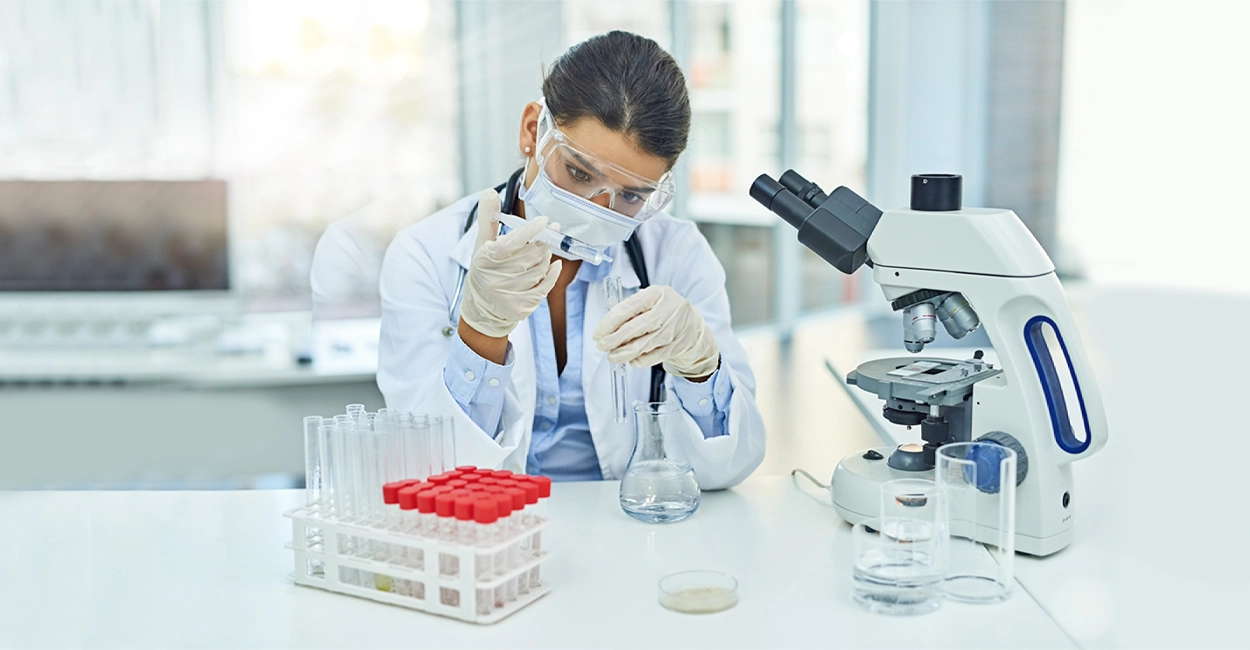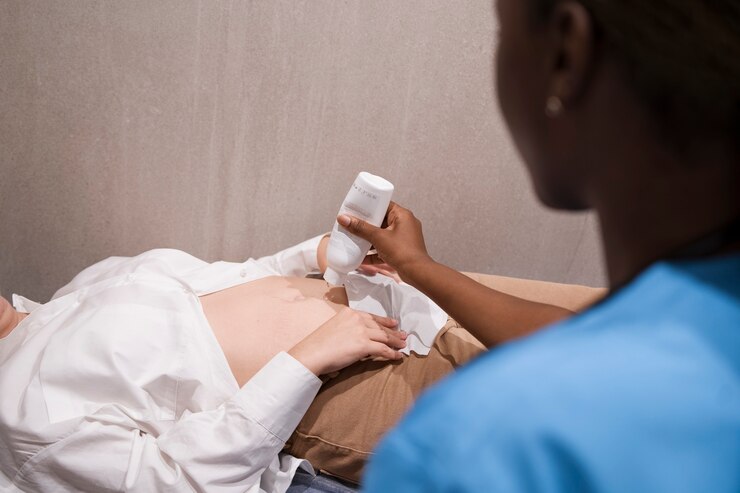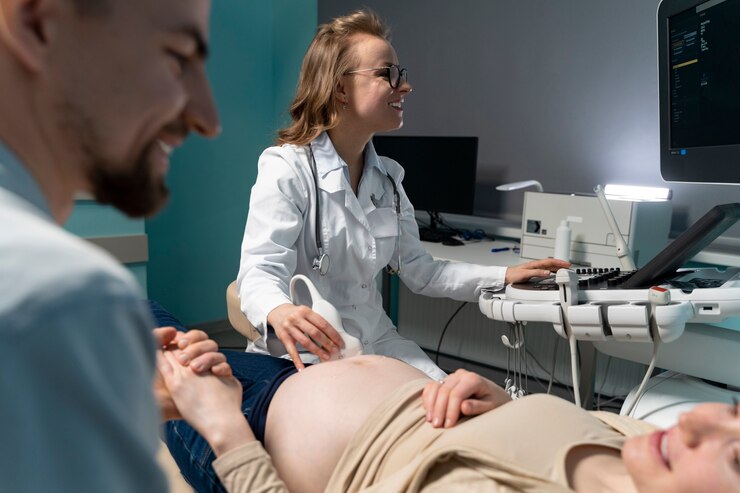Our partners offer medical facilities that provide infertile couples with advanced health services through our state-of-the-art IVF Centers, achieving gratifying outcomes in line with the latest scientific advancements.
Infertility, often a significant challenge faced by couples, is defined as the inability to conceive despite regular, unprotected intercourse. With modern technology, the diagnosis of infertility, whether due to male or female factors, can typically be determined.
We take a patient-centered approach at our IVF centers, leveraging an experienced team comprising gynecologists, embryologists, medical genetic specialists, urologists, psychologists, biologists, and nurses. Our well-equipped laboratories are designed to enhance conception probabilities for infertile couples.




